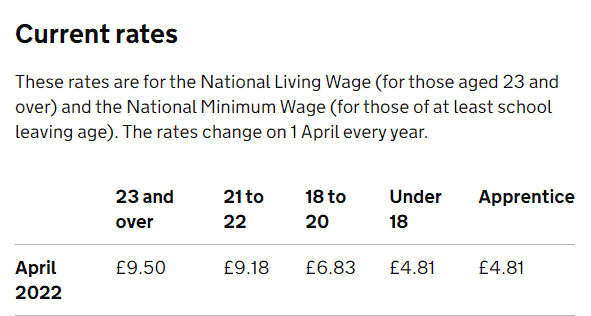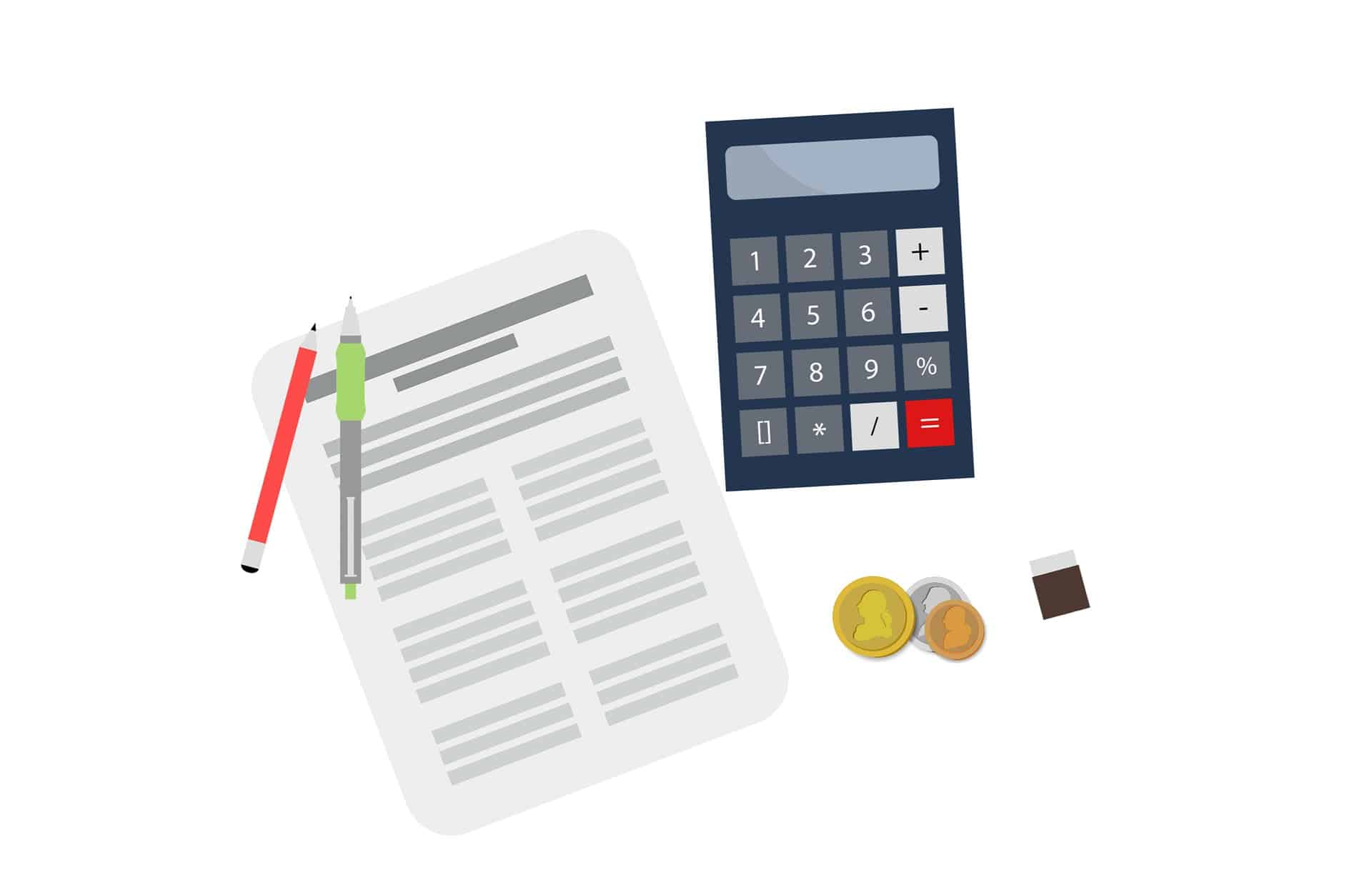Whether you are an employer or an employee, you should know about the national minimum wage.
As an employer, you are expected to comply with the law and it is your responsibility to pay employees at or above the minimum wage and to issue payslips to them.
As an employee, you need to understand the legal protections you are entitled to and protect your personal rights.
The national minimum wage also applies to temporary workers, part-time jobs, etc. Therefore, there should be no fluke for any enterprises.
You might also need this article: Q&A | How is income tax calculated?
National Minimum Wage
The national minimum wage is generally calculated by the hour, but the same applies to all eligible employees, even if they are not paid by the hour.
PLEASE NOTE: No matter how small your employer is, they must pay the correct minimum wage.
You can check that you are getting the correct wages using a calculator provided by the government.
Here is simply to provide you with the minimum wage standard from the government’s official website, please compare by age.
Which types qualify for minimum wage?
Anyone who has a contract or other arrangement to perform work or services and get paid later (the contract may be written or unwritten).
This needs to be at least school-leaving age to be classified as an employee (in England for example: anyone aged 16-18 is usually classified as an apprentice or trainee, as the case may be).
In addition to this, the following types are also considered eligible workers:
- Part time
- Temporary workers, such as those hired for a day
- Agent staff
- Workers and domestic workers are paid for the number of items they make
- Apprentice
- Intern, probationary worker
- Disabled worker
- Agricultural worker
- Foreign workers
- Seafarer
- Offshore workers
What if it is below the minimum wage?
If you think your salary is below the correct minimum wage for your age, first ask your employer.
You have the right to ask to see your payment records and make copies when your employer doesn’t want to fix the problem.
To help you resolve a payment dispute, you can contact one of the following workplace counseling services for free, confidential advice:
- Call the Acas Helpline on 0300 123 1100 or visit the Acas website (England, Wales and Scotland).
- Call the Industrial Relations Agency Helpline on 0289 032 1442 or visit the Industrial Relations Agency website (Northern Ireland).
- You can also complain to HMRC about your employer. If HMRC finds that your wages are incorrect, your employer must pay you any money they owe you and pay HMRC an appropriate penalty.



